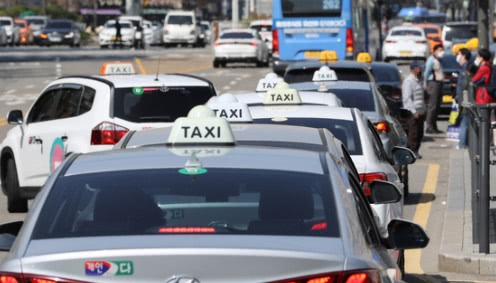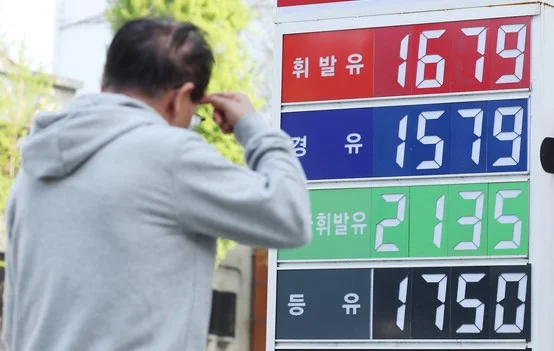영자신문읽기[고급] 신문 속 다양한 세상 이야기를 이제 영어로 만나보세요!
Start-ups fume about new mobility business law
2021-04-13

Legislation covering mobility services went into effect Thursday, and companies in the business or considering entering the business are not at all happy about it.
They object to creation of an evaluation board, which will judge whether a company is qualified to operate a "platform taxi" business, and they are also concerned about money they are required to pay to support their traditional taxi competition.
The amendment to the Passenger Transport Service Act was passed a year ago and is effective April 8. It creates a new class of transportation--the platform taxi--and tightly regulates participants. Platform taxis are those that are called using an app or a computer, whether they are owned, franchised or simply linked to the service.
The government argues that the legislation does not stop mobility companies from developing but actually supports their development, with the Ministry of Land, Infrastructure and Transport saying that the law helps incorporate these new operators into the existing system.
People involved in the business disagree and say that the amendment is full of landmines, with numerous clauses that are disadvantageous to mobility start-ups.
To start a mobility service, a company needs to be reviewed by an evaluation board and get a score of 60 of 100.
Of the total, 25 possible points can be earned for the level of sepecialization provided and 15 can be earned for service quality. Critics argue that the specialization category includes the service of remote areas.
The committee will also take into account existing transportation in the area of service, suggesting that approval won't be given for areas already well covered by traditional taxis.
"My understanding of the goal of the legislation was to allow start-ups to try different experiments," said a start-up mobility executive, who requested anonymity. "But it's very different."
The mobility executive said there are too many clauses, which put too much pressure on start-ups, which may be short on capital or know-how.
The Transport Ministry stressed that the checklist just takes up part of the evaluation.
"When reviewed, the overall will be taken into account," said an official at the Ministry's mobility policy department, who requested anonymity.
Critics argue that the evaluation committee is not qualified to judge start-ups, as one member is from the Transport Ministry, one is an academic or researcher, one represents labor and one represents consumer groups.
Companies hoping to operate a platform taxi service will have to make a payment to the government in support of the traditional taxi business.
They can pay 5 percent of the annual revenue, 800 won per ride or 400,000 won per month per vehicle.
Korea Startup Forum, which has 1,500 start-ups as members, in August sent a complaint to the ministry about this payment. It argued that start-ups will have trouble funding their businesses if they have to support traditional taxis.
The government compromised and said that services with fewer than 100 vehicles will be exempt for two years, those with 200 vehicles will only have to pay 25 percent and those with between 200 and 300 vehicles will have to pay half.
"The related regulations are ambiguous and don't meet the reality of start-ups," said Jung Mina, policy director at Korea Startup Forum. "Start-ups may not enter into the mobility business."

| 번호 | 기사목록 | 날짜 | 조회수 |
|---|---|---|---|
| 60 |
 |
2024-04-24 | 3488 |
| 59 |
 |
2024-04-23 | 4350 |
| 58 |
 |
2024-04-22 | 4249 |
| 57 |
 |
2024-04-21 | 4306 |
| 56 |
 |
2024-04-20 | 4208 |
| 55 |
 |
2024-04-19 | 4466 |
| 54 |
 |
2024-04-18 | 4373 |
| 53 |
 |
2024-04-17 | 4304 |



















